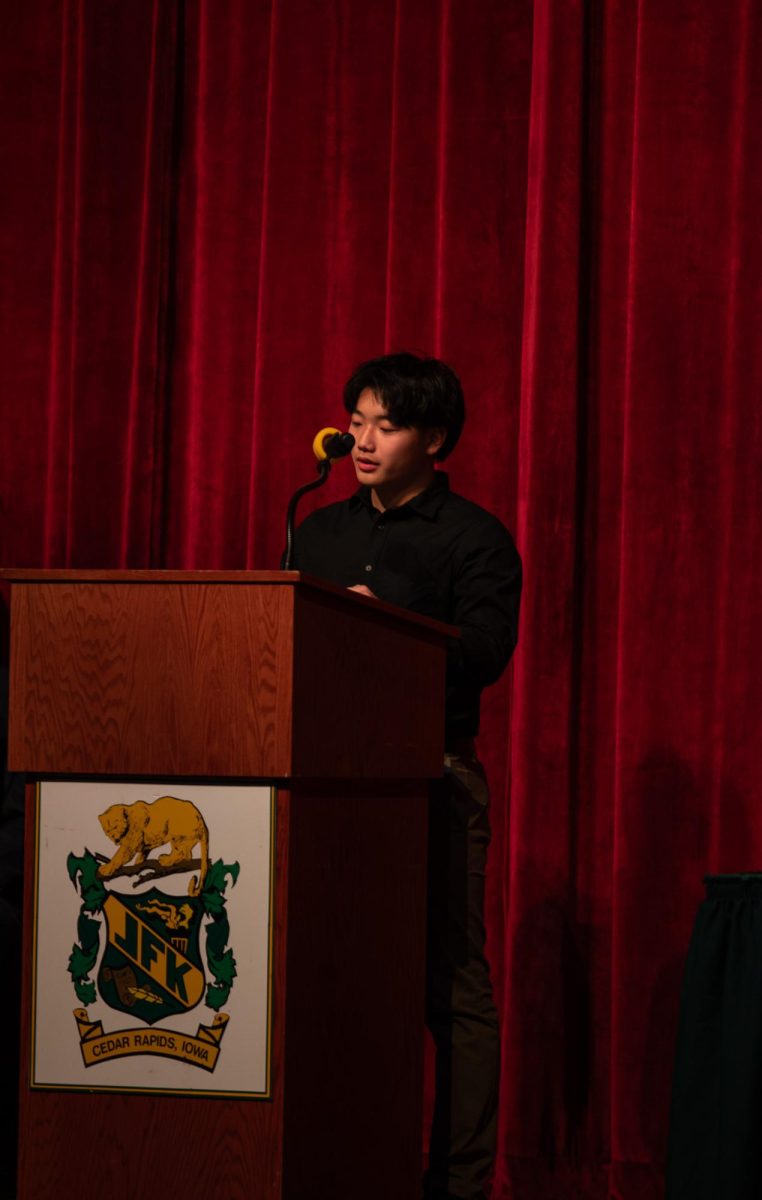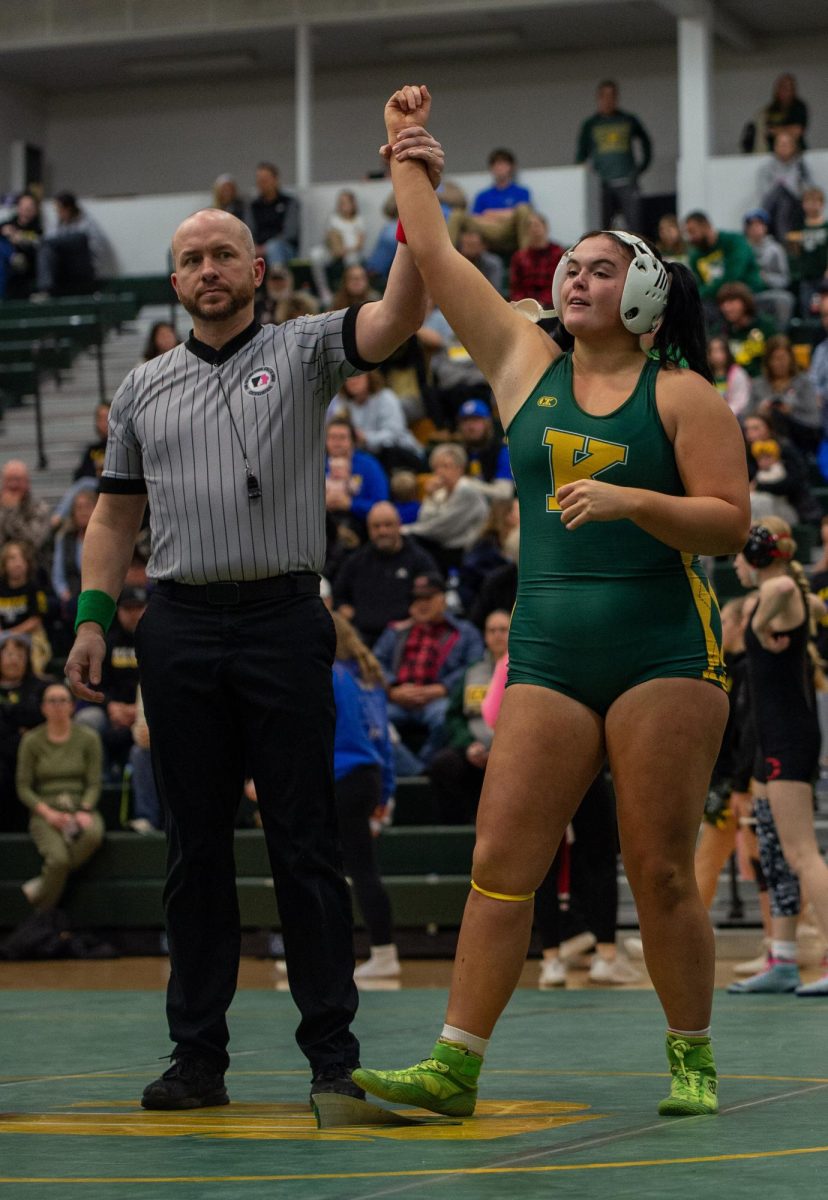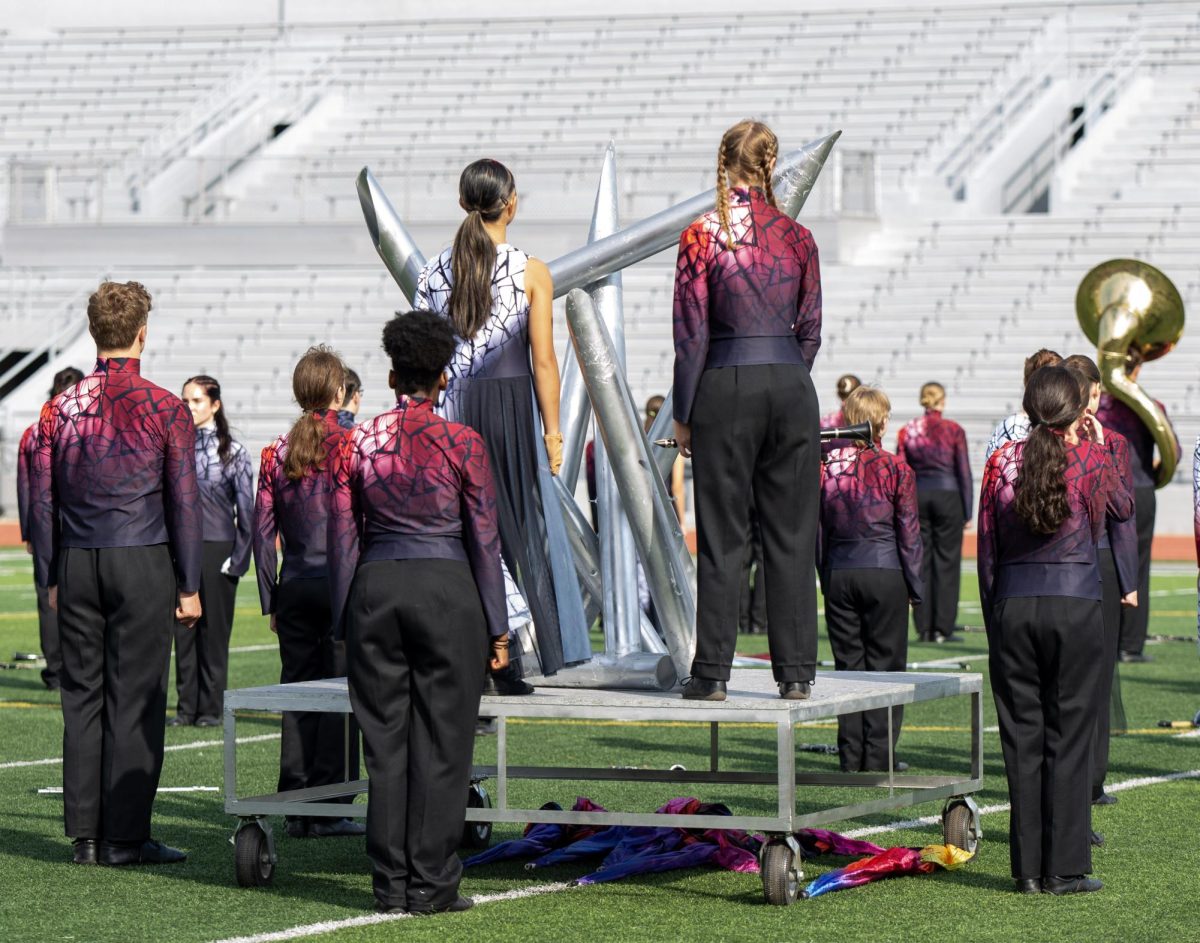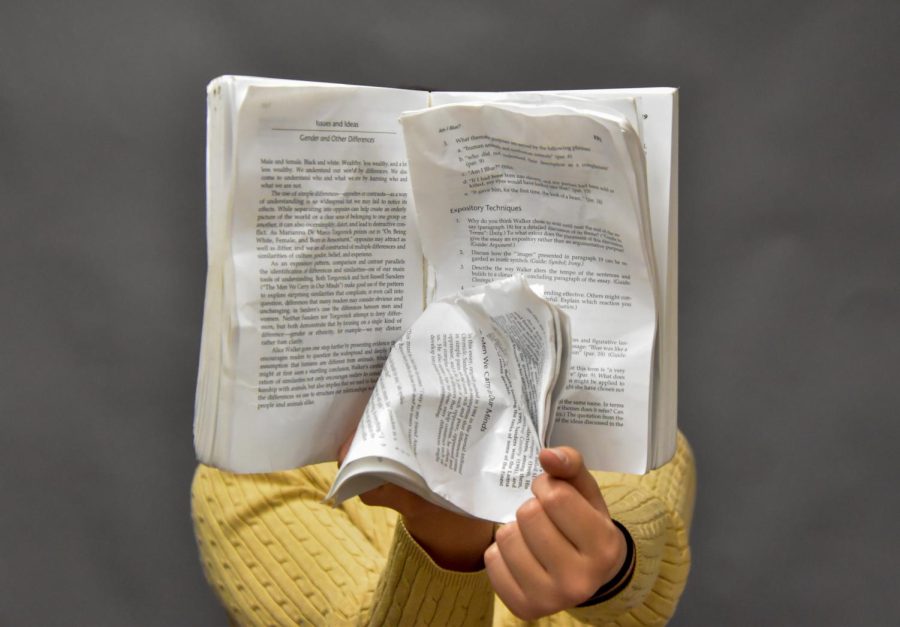Iowa Legislation Undermines Teachers
Should we be allowed to pick and choose what parts of history we learn?
April 26, 2022
Iowa representatives have recently passed bills that restrict teachers and make their jobs more difficult. Within a year, they have attempted to place cameras in all classrooms to monitor content and mandate approval on all social studies materials from the Iowa Department of Education. The discussion of ‘divisive concepts’ in the classroom has been banned. Gov. Kim Reynolds has also pressured teachers to work through a pandemic and put their health at risk.
The most recent attack occurred when the Iowa House passed House File 2577 on March 29 in an attempt to increase transparency in education, introducing the revised Senate Study Bill 3079. It requires teachers to post all course content for the entire school year before it begins. The bill allows parents to object to curriculum and have it removed from their child’s instruction.
Educators would be unable to make executive decisions regarding their students’ learning within the curriculum they teach. The bill requires teachers to keep a syllabus accessible to parents “including the books, articles, handouts, videos, and any other similar materials [used] for student instruction.” Teachers would be fined for using any materials not a part of the syllabus.
“In World Humanities, I am going to bring up how what is happening in Ukraine is similar to the atrocities that happened in Syria,” language arts teacher Michelle Frye said. “I had no way of knowing Russia would invade a sovereign country at the beginning of the year, so of course I would not have known to include this in my ‘year plan.’ If we are to keep learning relevant and meaningful for students, we have to be able to alter our plans and use the teachable moment – which is spontaneous.”
Students are being deprived of relevant curriculum. Their education is suffering because teachers are scared. Teachers have lost autonomy within their job, being threatened with extreme measures like losing their teaching licenses.
“The bill is potentially very damaging to students if teachers are afraid that their slightest comment is going to result in a parent complaint, a disciplinary action, or job loss,” Frye said. “Who wants to work in that environment? We already see how we are being devalued as professionals, and how the public school system in Iowa is under attack … I worry most about the students: they are not going to get the best of their teacher’s expertise when teachers are threatened with punitive actions for simply doing their jobs with integrity.”
Not only does the bill reduce the quality of children’s education, it adds to the stress teachers experience. A poll conducted by the National Education Association states 90% of teachers are feeling burned out and 55% are planning on leaving the field earlier than anticipated. Bills like this are part of the reason teacher shortages are so common, especially within the Cedar Rapids School District.
The hostility Iowa teachers face from politicians is beating them down. Educators do not enter the field to indoctrinate children, instead, they prepare kids for the real world.
“The house bill that was passed would be incredibly burdensome to our teachers,” Principal Jason Kline said. “The initial identification of every material used throughout the school year would be very difficult. It can be impossible to know what you’re going to teach two weeks to a month to half a year down the road. The lesson plans usually change too because the amount of material you can actually get through with a class fluctuates.”
Teachers are not just responsible for teaching their students; they are also responsible for planning lessons, grading assignments and making sure their students are absorbing the information. Educators spend hours outside their jobs preparing for the next day—hours left uncompensated.
“There’s a limited amount of time in a teacher’s schedule, and it may come down to whether or not there’s time to take hours to rewrite a syllabus,” Kline said. “Lessons are meant to change and evolve, but there is a point when teachers will say it’s not worth it.”
This bill is leaving children ignorant of the world around them as educators are unable to teach current and relevant topics.
“I don’t want teachers to feel like they can’t discuss things that their students need to know and talk about,” Kline said. “We are seeing a lot of things in this country that people are trying to cover up or gloss over. The constant negative scrutiny can become really stressful for teachers, especially when they’re just trying to do their jobs and make sure students are aware of the world around them.”




























